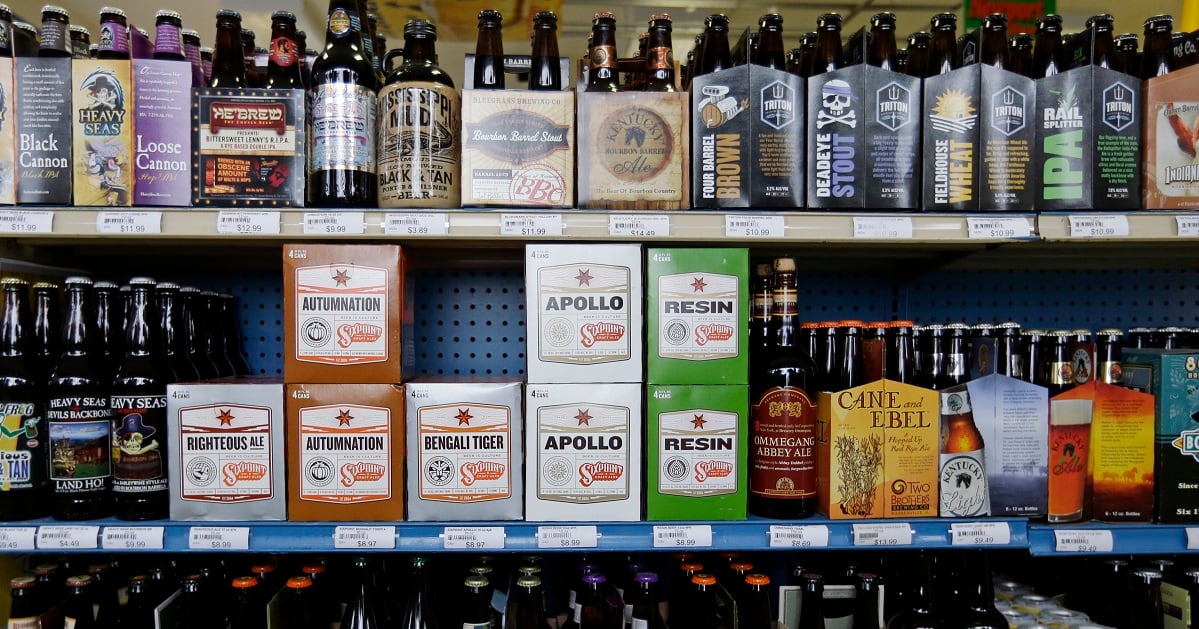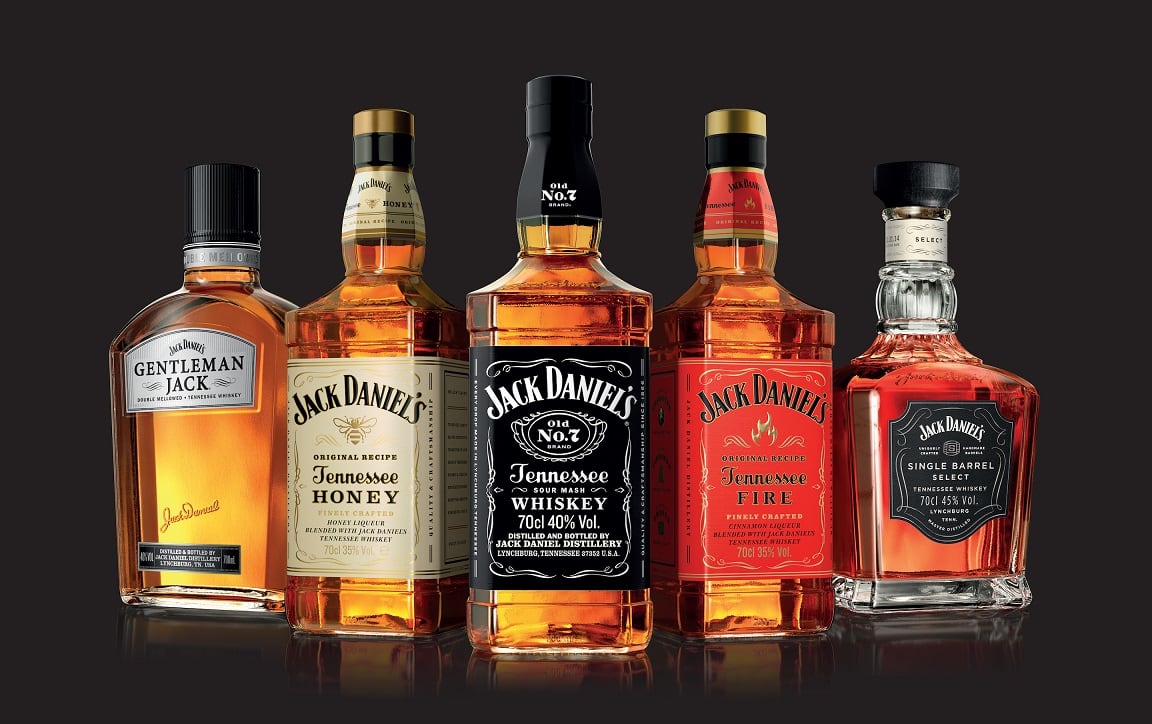Editor’s note: The following is an opinion piece. The writer is not employed by Military Times and the views expressed here do not necessarily represent those of Military Times or its editorial staff.
The June 27 article “Here are 3 reasons why you won’t see whiskey on commissary shelves — for now” shows that the rationale for discriminating against spirits enthusiasts in the military, though well-intentioned, is rooted in a bygone era.
The Defense Department is to be commended for updating its policies on product availability in on-base stores to make the shopping experience more convenient for time-constrained consumers. But their plan, which excludes distilled spirits products, does not accurately reflect alcohol consumers’ preferences or the beverage alcohol marketplace.
Following decades of declining spirits sales, since the late 1990s distilled spirits have captured the fascination of American adults, including members of our armed services. The soldiers and sailors of the 1980s simply wanted to crack open a beer. Millennials, who dominate today’s military, want more high-end, premium alcohol products and unique experiences.
They are choosing spirits and drinking less, but drinking better. Modern military men and women increasingly enjoy the ritual of preparing a cocktail or learning about the heritage of a finely aged Bourbon or Scotch.
RELATED

Since 2000, distilled spirits’ U.S. market share has increased from 27.4 percent to 34.6 percent as adult consumers trade in their beer for spirits. This trend holds true in the military.
Selling alcohol through commissaries is not just about meeting the needs of military personnel. It is also about community standards. In accordance with Section 2484(a) of Title 10, U.S. Code, military commissary stores are intended to be similar to commercial grocery stores and may sell merchandise similar to that sold in commercial stores. The move to sell beer and wine was intended to "increase customer satisfaction and convenience, and align with common commercial grocery store practices,” according to a memo from Robert Wilkie, the undersecretary of defense for personnel and readiness .
In a clear majority of 28 states, distilled spirits are sold by grocery stores in some way. In fact, in states like Washington and Texas, it is the grocery stores themselves that are either leading or have led efforts to allow the sale of spirits on their shelves. Additionally, five of the states selected for beer and wine commissary pilot projects (California, Nevada, New Mexico, Missouri and New Jersey) allow spirits in grocery stores in some way.
There have also been some misguided statements that including spirits in commissaries might somehow be inconsistent with the military’s desire to “deglamorize” alcohol. But then how does one justify including beer and wine in commissaries at all?
Alcohol is alcohol. According to the U.S. Dietary Guidelines, a cocktail with 1.5 fluid ounces of 80-proof distilled spirits (40 percent alcohol) such as rum, vodka, gin or whiskey; 12 fluid ounces of regular beer (5 percent alcohol); or 5 fluid ounces of wine (12 percent alcohol) each contain the same amount of alcohol.
This fact, known as standard drink equivalence, is included in the alcohol education materials taught by the Army Public Health Center, the Navy and Marine Corps Public Health Center, and the Air Force Medical Service.
The respective services promote standard drinks education for good reason: The perception that spirits are “hard alcohol” and beer and wine are somehow “soft alcohol” or non-intoxicating is dangerous.
RELATED

Unfortunately, such misguided perceptions have serious real-world consequences. Research shows that when people believe a product has lower alcohol content, they tend to drink more. Policies that treat distilled spirits differently than beer and wine further perpetuates this unsafe notion.
By excluding spirits from commissaries, the Defense Commissary Administration unwittingly plays into these myths about alcohol and sends a message that is inconsistent with what military health professionals teach the men and women who serve in our armed forces.
Enhancing the commissary store experience is a recognition by DoD that the men and women serving our country deserve the same privileges and convenience afforded to the citizens they defend. Allowing spirits to be sold in military commissaries would provide a new level of responsible service to commissary patrons that would be in keeping with community standards.
As DeCA works to become a modern grocery store chain and sustain the commissary benefit for military patrons, it should update its alcohol policies in a manner consistent with what is going on outside the gate and in line with the alcohol education promoted by military health professionals in all branches of the military.

David M. Ozgo is the chief economist for the Distilled Spirits Council and acts as the council’s staff liaison to its Military Sales Committee. As a teenager, one of his first jobs was bagging groceries at a commissary.





